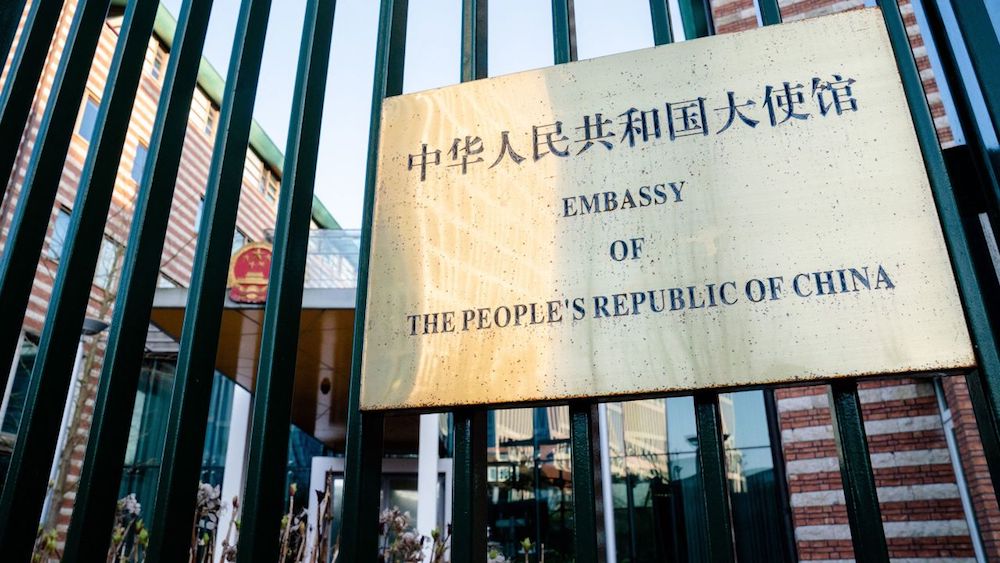By Choekyi Lhamo
DHARAMSHALA, Nov 3: The Chinese “service stations” have received strict orders from the Dutch government to close down these illegal offices put up to snuff out dissidents overseas. The Dutch Foreign Minister Wopke Hoekstra said that these offices would be immediately closed in Amsterdam and Rotterdam, according to media reports on Tuesday.
The overseas stations, on paper, are there to provide diplomatic services, but an explosive report by Safeguards Defender revealed that the public security bureaus from two Chinese provinces had established 54 stations across 5 continents and 21 countries to intimidate overseas Chinese citizens. According to the report, these stations carry out “persuasion operations” aimed at coercing those suspected of speaking out against the Chinese regime to return home.
The Dutch media spoke to a Chinese dissident who reportedly received a phone call earlier this year from the same station urging him to return to China against the threat of persecuting family members back home. Following that exchange, Wang Jingyu said that he faced a systematic campaign of harassment and intimidation designed by Chinese government agents.
Three Tibet groups in the Netherlands also sent a letter to the Dutch Prime Minister Mark Rutte on Monday about the intimidation faced by citizens of Tibetan heritage and others. The International Campaign for Tibet in Europe said that in recent months, Tibetan residents in the country have been receiving phone calls from unknown individuals, some who identified themselves as representatives of the Chinese embassy, and some who concealed their affiliations.
“We are aware that these violations of privacy, which are just below or slightly above the border of illegality, are difficult for the Dutch authorities to handle and can’t be pursued in an adequate manner. Consequently, this also has the potential of trivialization of these offenses and stigmatization of the victims if a clear and loud stand is not taken,” ICT-Europe Director Wangpo Tethong said in the press statement.
These outposts have been accused of violating territorial integrity of a host country by undermining national jurisdictions. The Dutch foreign ministry spokeswoman Hovenkamp told the BBC, “The Dutch government wasn’t made aware of these operations through the diplomatic channels with the Chinese government. That is illegal . . . It is very worrying [that] a Chinese national has apparently been subjected to intimidation and harassment here in the Netherlands. Police are looking into options to offer him protection.”
The Chinese Foreign ministry spokesperson Wang Wenbin on Wednesday said that what had been described as police stations overseas are only “service stations for Chinese citizens abroad” and that China fully respects other countries’ judicial sovereignty. Wenbin told reporters that these places were only there to help Chinese citizens who have been unable to return due to the pandemic. “To help them overcome difficulties, relevant local governments have opened online service platforms. Such services are mainly targeted at physical examinations and changing drivers’ licenses,” he further argued.










